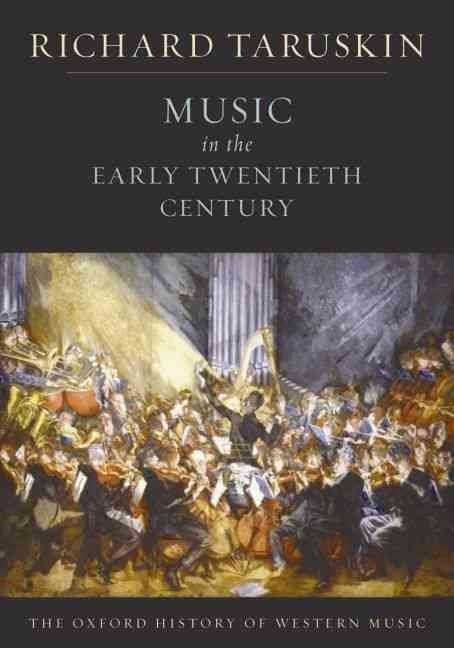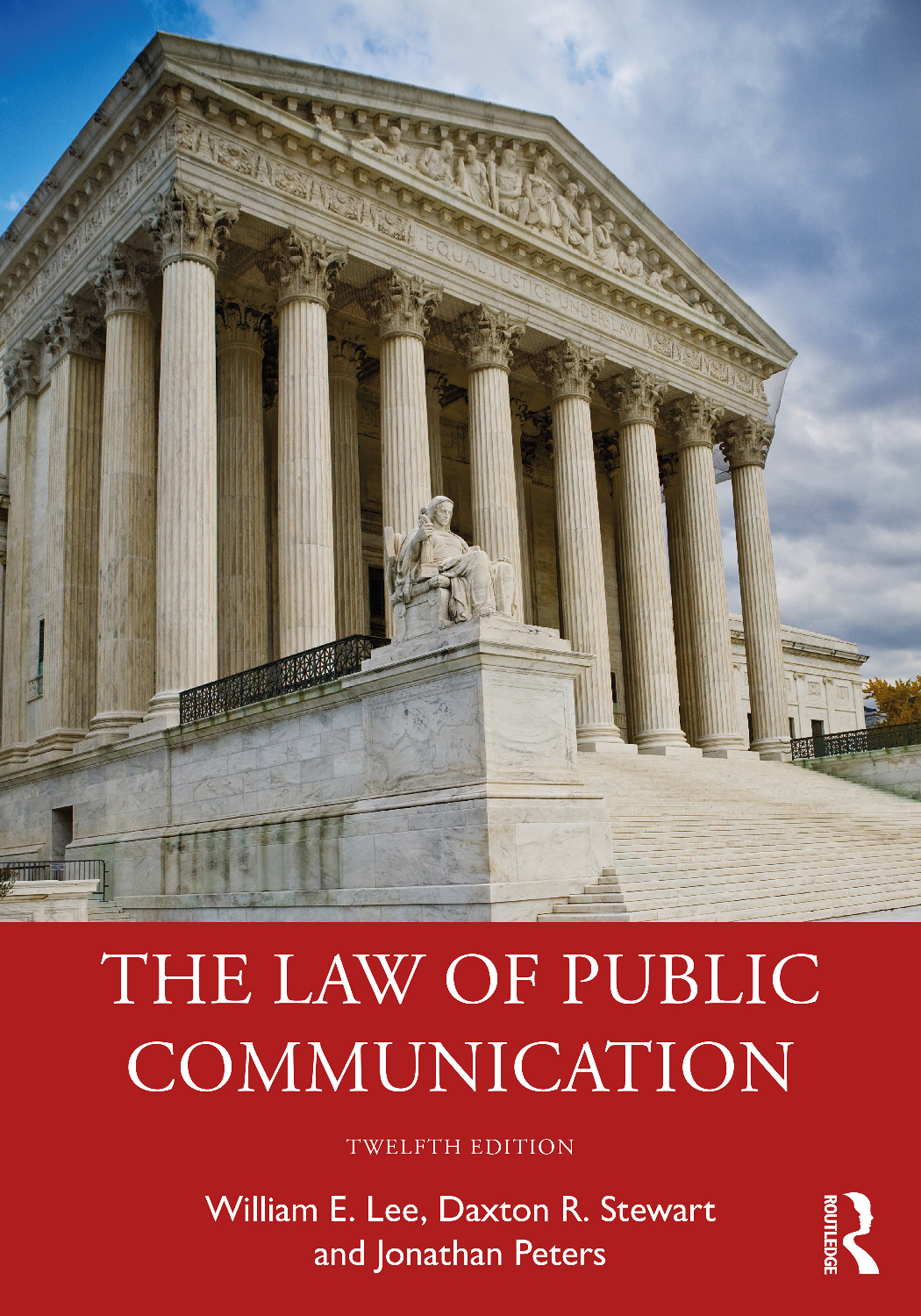This book asks how independent commissions helped to overcome difficulties during the implementation phase of the Good Friday Agreement. These independent groups worked to resolve issues which threatened to derail the peace process, including the reform of policing, the decommissioning of paramilitary weapons, the monitoring of ceasefires, dealing with the past conflict, and the issue of human rights. Each chapter provides an in-depth analysis of the work of a different group finding that the commissions engaged in a broad range of activities. Drawing on the lessons of Northern Ireland the book demonstrates the importance of balancing local and international involvement, the inclusion of expertise, and giving sufficient powers to such bodies. This volume appeals to academics and researchers in a range of disciplines such as politics, peace and conflict studies, international relations, and human rights law. It is of interest to readers who are interested in the Northern Ireland peace process and those seeking to understand how third parties can assist in the implementation of peace agreements.












